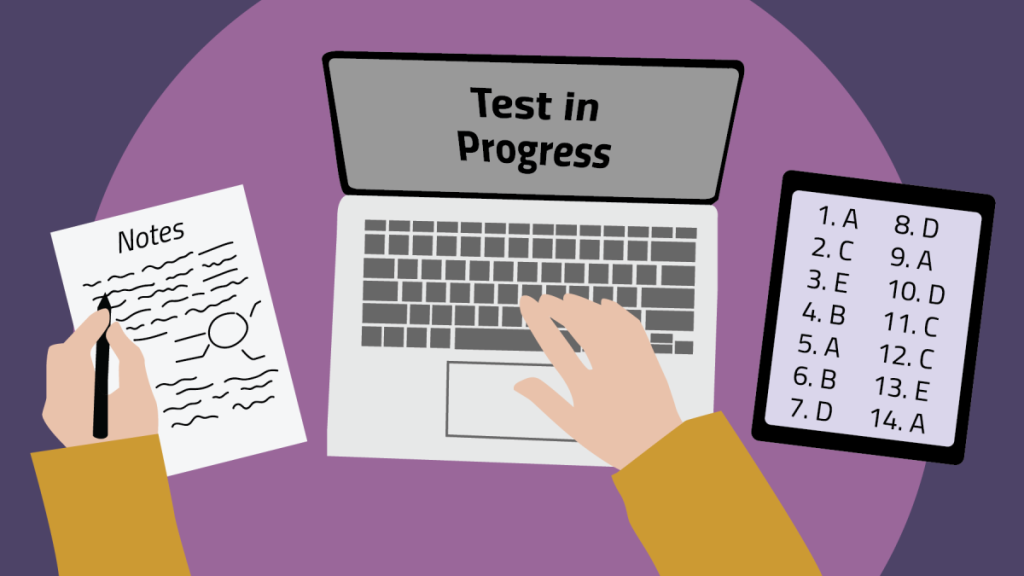It is one of the biggest misfortunes when a student is accused of academic misconduct. Academic misconduct is a rather serious offense for most educational institutions in the USA. A student can be involved in a misconduct probe through various channels.
Even though it may seem like an easy task to overcome an academic misconduct allegation, the reality is that it requires an academic misconduct attorney to get you to safety.
The aftereffects of misconduct can be very severe as far as a student is concerned. A student who is found guilty of academic misconduct can face punishment up to banishment from further education. The severity of the punishment depends on the seriousness of the misconduct the student is involved in.
In most cases, a student is found guilty through a series of questioning and hearings by a jury consisting of academic staff and other unbiased authorities.
It is the duty of the accused to prove that the jury is wrong by furnishing proof and circumstantial evidence. If you are someone found guilty of a misconduct charge, then the game is to be played on a different ground.
Negotiation and its Advantages
Once found guilty of academic misconduct, then the only way you can secure your academic future is through negotiation with the jury panel.
An academic attorney is of utmost help to secure a successful negotiation. Negotiation can help you acquire a statement to continue afresh in a different university or school. Negotiation can also help in decreasing the repercussions of a harsh verdict in many other forms.
Academic Misconduct and its Types
Academic misconduct is of different types. Misconduct is not only cheating, academic misconduct can involve many more crimes in the academic setting.
Students are not the only people who can be accused of misconduct. Anyone involved in cheating or fraud can be accused of academic misconduct. The most common types of academic misconduct involve:
- Cheating exams.
- Forging academic documents.
- Duplicating the signature of professors.
- Sales, copy, or publishing of academic content without permission from the owner of the content.
- Malpractice during an exam.
- Bribing a faculty for personal academic gains.
- Conspiracy to carry out malpractice.
- Plagiarism.
These are some of the common academic misconduct charges that can be pressed against a student. If you are someone who is accused of misconduct, do not be hesitant to consult an academic misconduct attorney to increase the chances of a positive verdict from the jury panel.
